Switching to electric vehicles (EVs) offers clean energy alternatives to gas-powered cars. The most expensive part of the EV is the powerful battery – and how you care for it makes all the difference. Small mistakes, like charging too often or ignoring software updates, can reduce range and lifespan. To help you keep your EV running smoothly and efficiently, we’ve highlighted some common behaviors that could be damaging your battery.
Charging to 100% All the Time
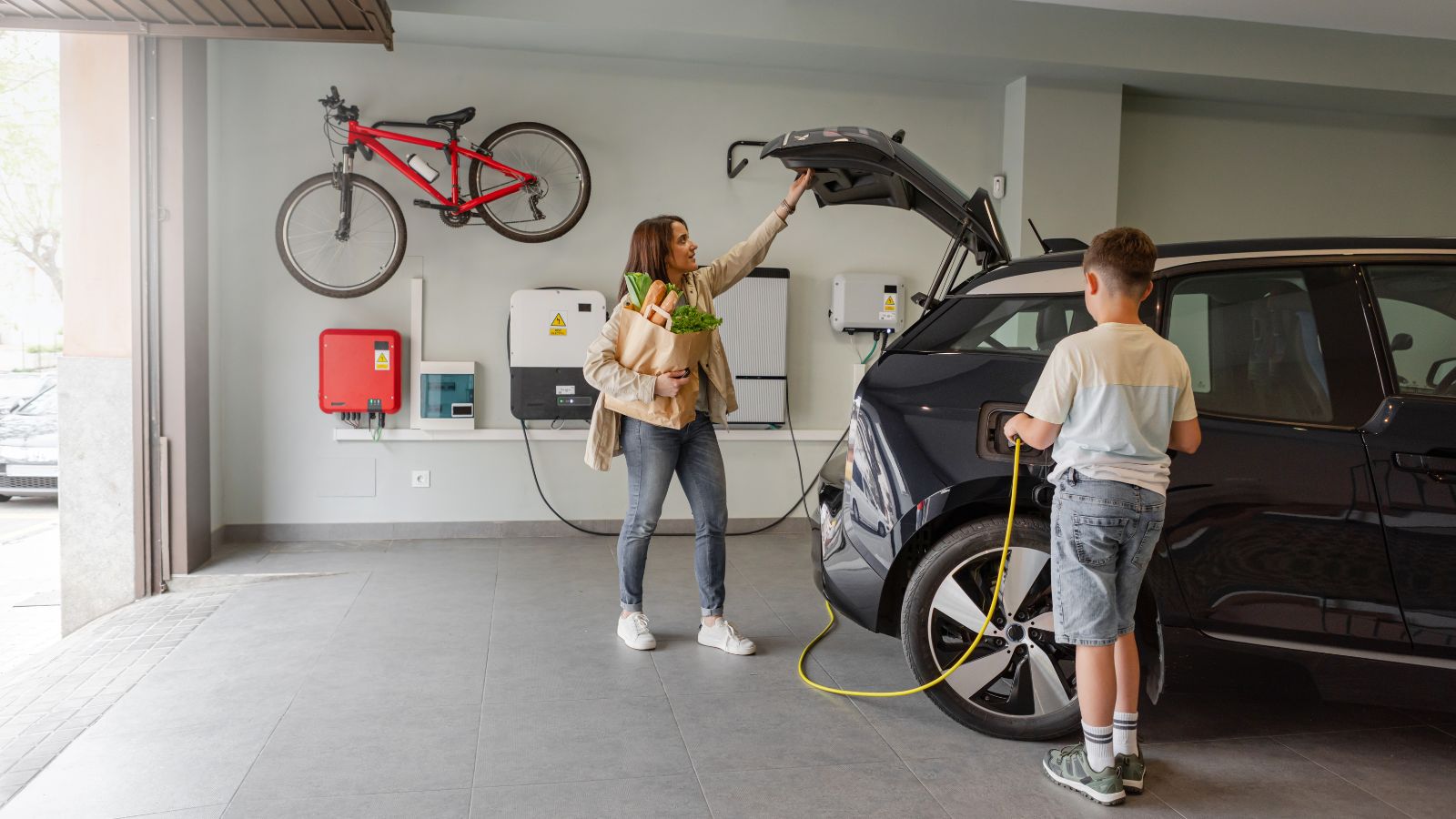
Constantly charging your EV to 100% creates heat and stress, which will degrade the battery over time. A charge level between 20% and 80% for daily use will keep the battery chemistry balanced and preserve capacity. Set charging limits or unplug the charger when it’s reached the optimal level. Only use full charge when you need the extra range.
Letting the Battery Drop Too Low

Never completely discharge your battery because it can cause long-term damage. When the charge level falls below 10%, the battery chemistry begins to degrade. Worse still, it risks “bricking” the battery, rendering it unusable. To avoid this, recharge when your battery level drops to around 20%. This avoids the stress of a deep discharge.
Rapid Charging Too Often
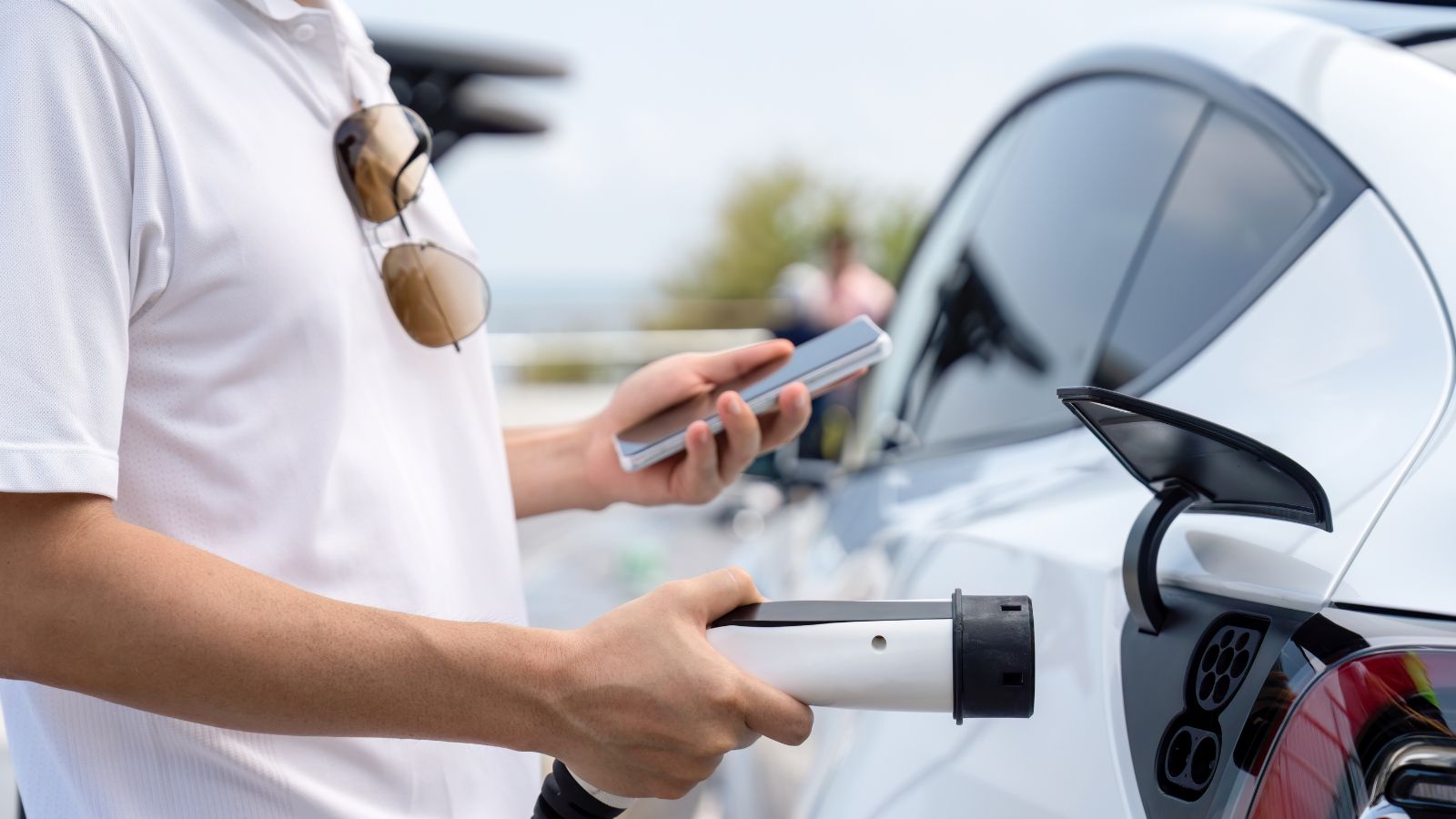
High-speed chargers sound convenient, but when used too often, they will heat up and wear down your EV battery. They pump a lot of energy quickly, which increases the battery’s internal temperature and causes faster wear. For regular charging, stick to slower Level 2 chargers when you can. Save rapid charging for when you’re in a hurry.
Exposing Your EV to Extreme Temperatures
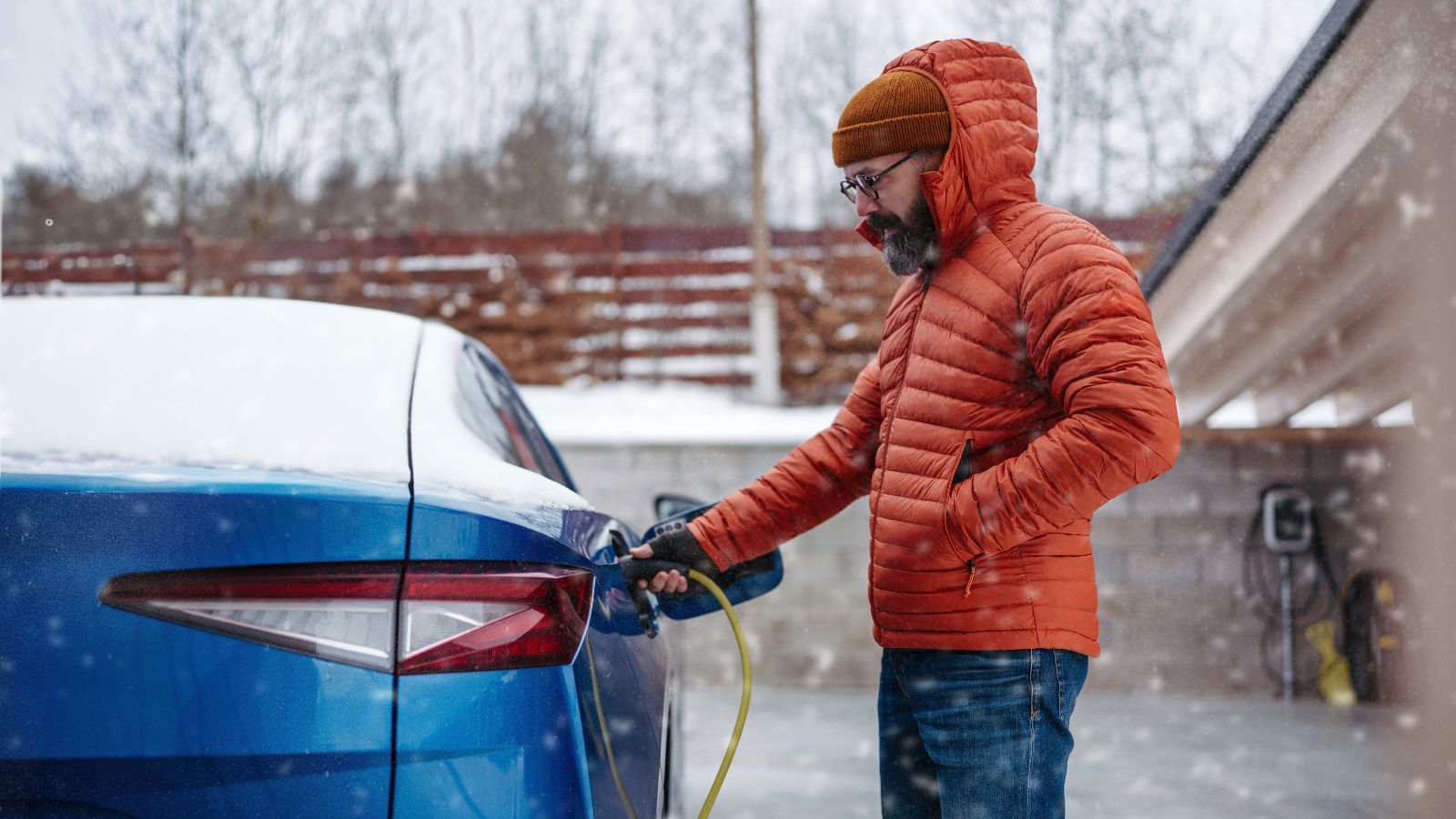
Prolonged exposure to extreme temperatures is bad for your battery. Extreme heat speeds up degradation, while extreme cold reduces range and efficiency. Whenever possible, park your EV in a garage or in the shade. Preconditioning your car will help regulate the battery’s temperature before driving – and help maintain battery performance.
Ignoring Battery Cooling or Heating Systems

Many modern EVs come with thermal management systems to keep the battery at a safe operating temperature, preventing overheating or freezing. For instance, activating preconditioning before fast charging in cold weather will prevent damage to the battery.
Familiarize yourself with your EV’s thermal features and use them as needed. They will help your battery last longer.
Leaving Your EV Plugged In for Too Long
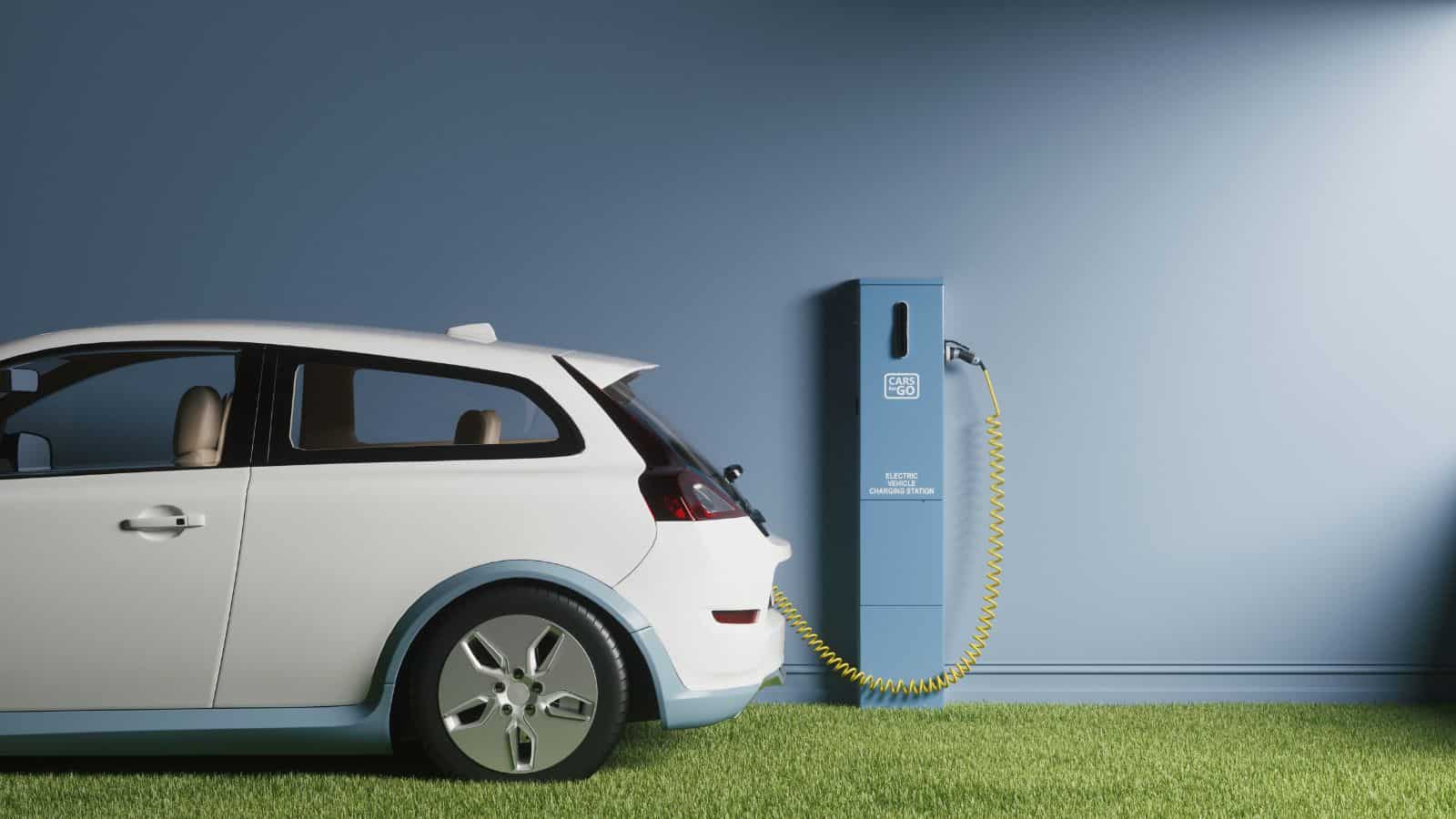
Once your battery is charged up, switch it off. Keeping your EV connected to the charger long after it’s fully charged will slowly damage the battery. When it sits at 100% charge for extended periods, the chemical composition starts to degrade. Most EVs allow you to set a charging schedule or limit. Use them to avoid unnecessary wear.
Driving Aggressively

Rapid acceleration and frequent hard braking generate heat and use more energy, putting extra strain on the EV battery. Smooth driving, on the other hand, helps maintain battery efficiency and range. Avoid jackrabbit starts and coast to a stop when possible – you’ll save energy and extend your battery’s lifespan.
Forgetting to Update Software
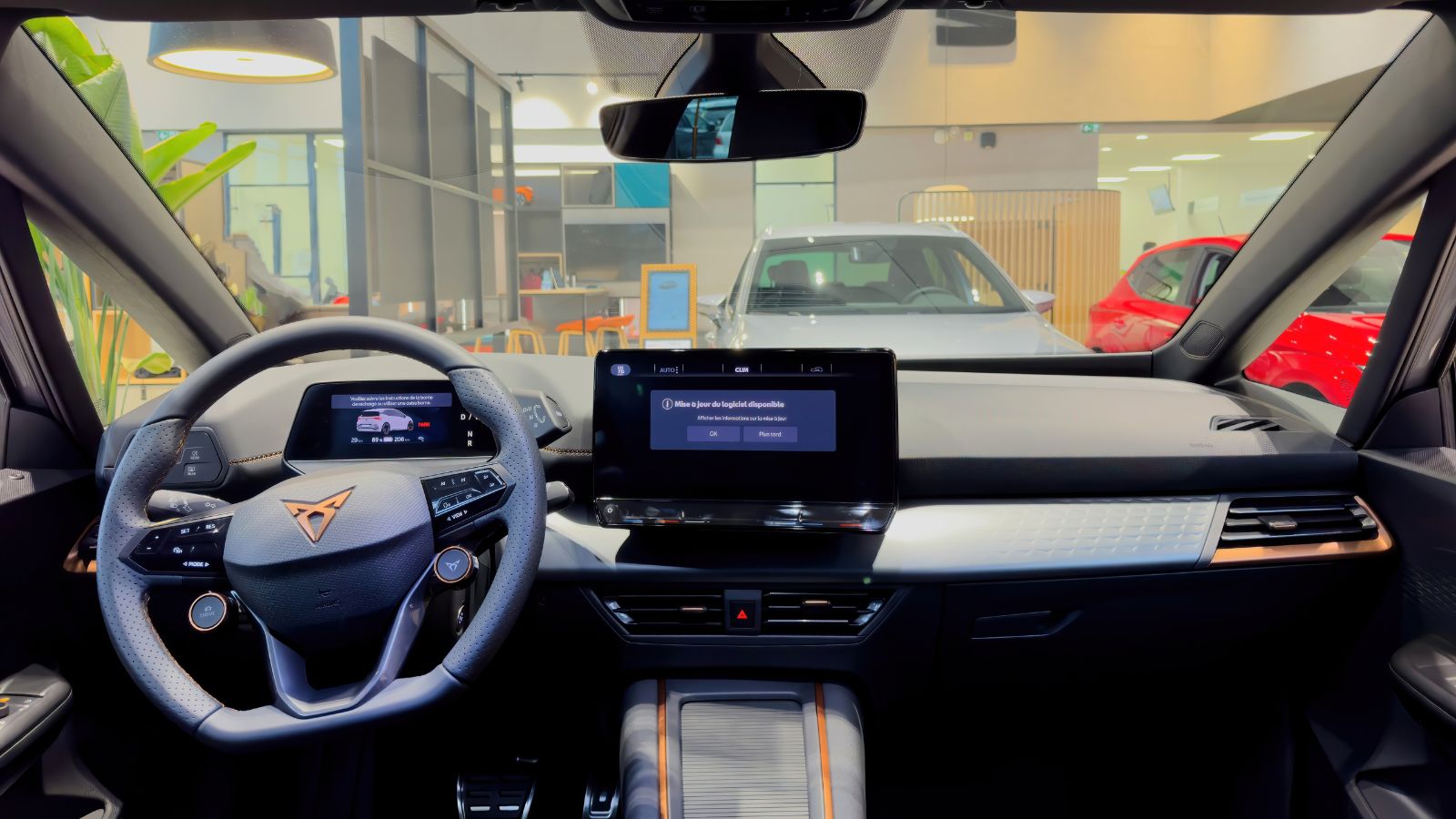
It’s important to update your EV’s software as soon as they become available. These updates aren’t just about new features – they often include optimizations for your EV’s battery management system.
Skipping updates can leave your EV running less efficiently, affecting battery performance. Most EV manufacturers offer over-the-air updates, making the process simple.
Storing Your EV at Full or Empty Charge
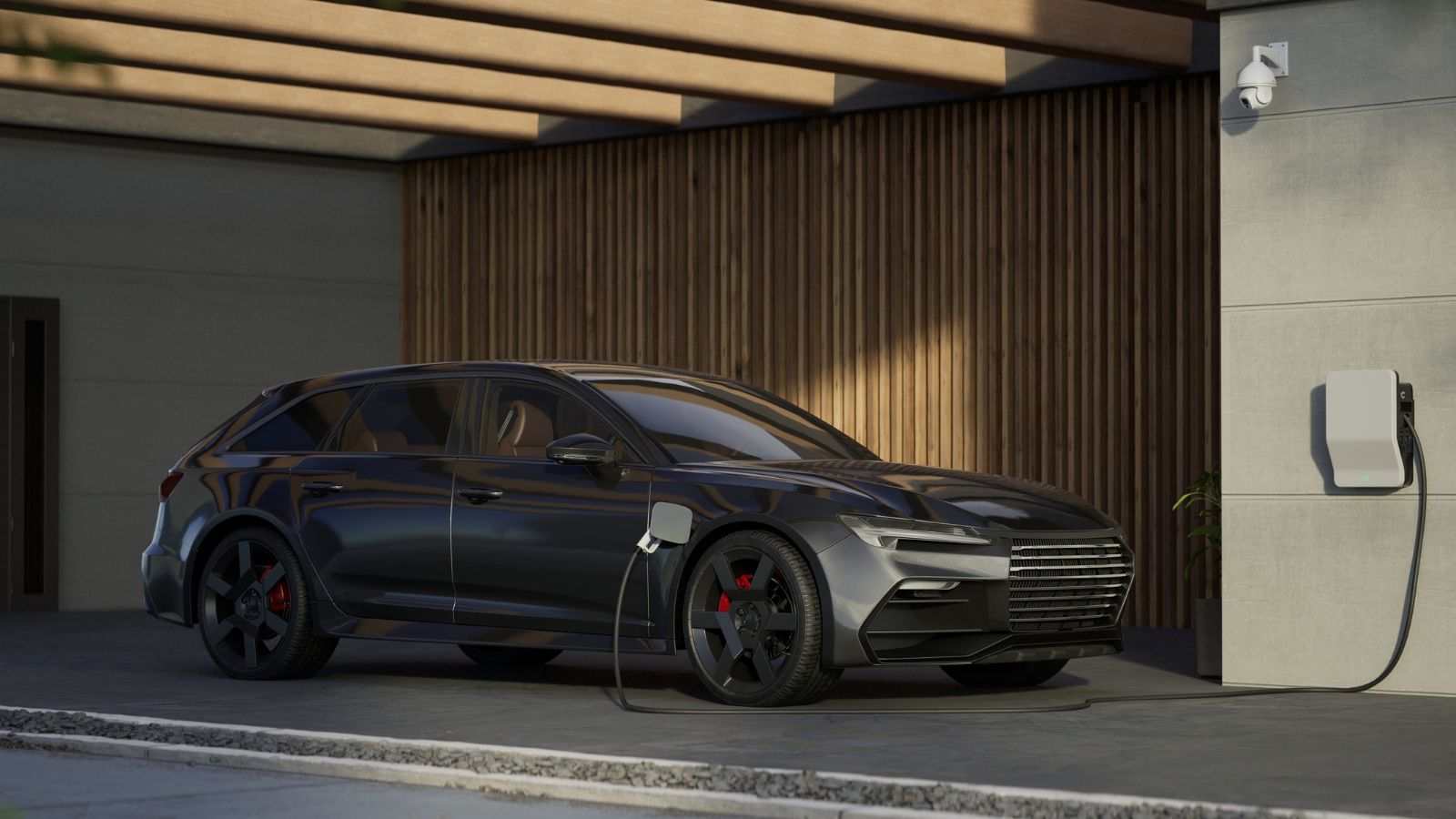
Don’t leave your EV parked up for weeks or month at 100% or 0% charge. Both extremes stress the battery, leading to faster degradation. Aim to keep the charge level around 50% for long-term storage. Regularly check on the car to ensure the battery hasn’t drained too much and top up the charge if necessary. Proper storage habits make a big difference in preserving battery life.
Using the Wrong Charger
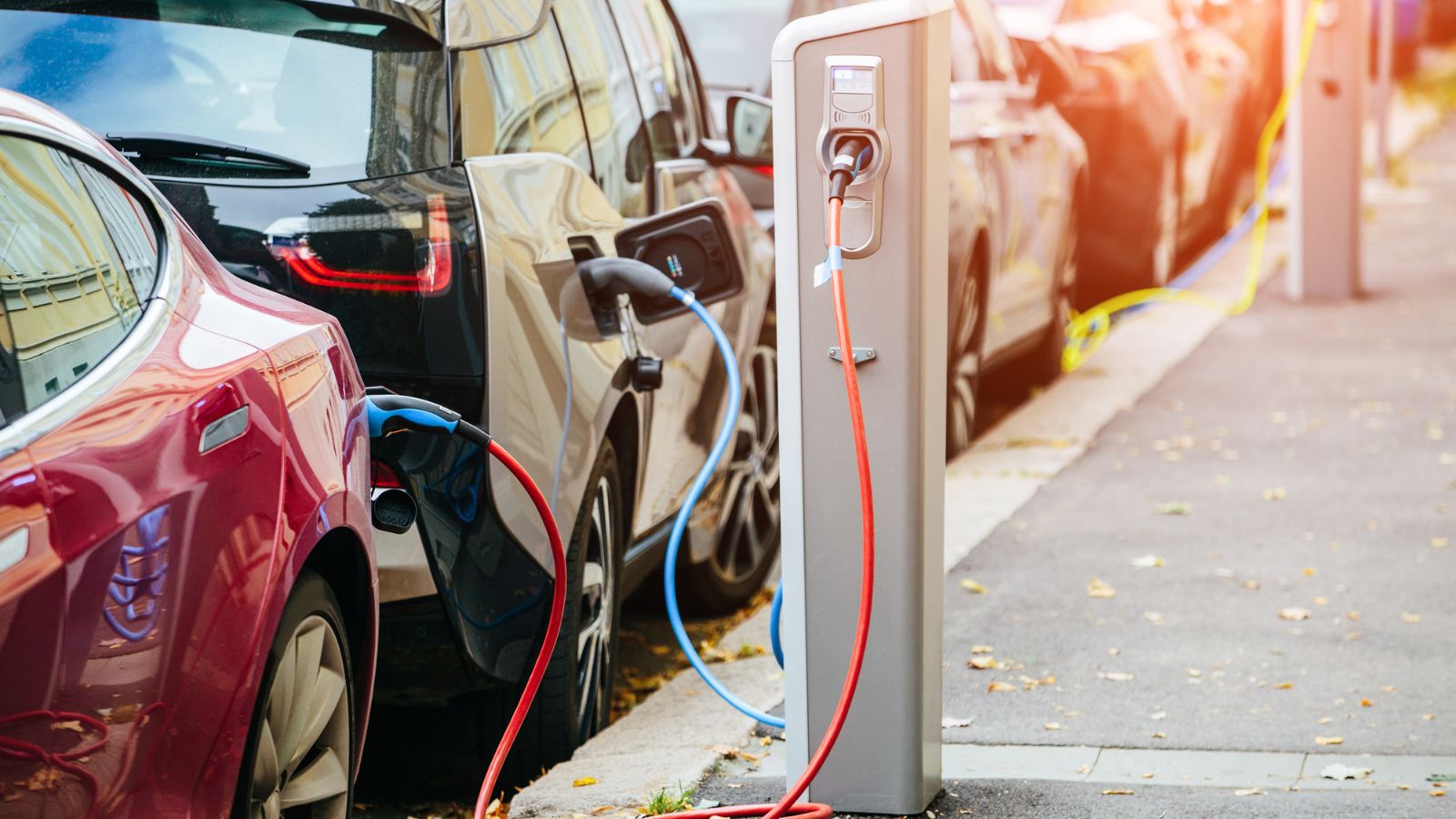
Always use chargers recommended by your EV manufacturer to ensure safety and efficiency. Using a low-quality or incompatible charger can harm your battery. Third-party chargers might not regulate power correctly, which can overheat or undercharge your battery. Investing in a reliable charger protects your EV battery.
Overloading Your EV

Most EV drivers know that carrying too much weight will reduce their EV’s range – but it will also strain the battery. EVs are designed to handle passengers and cargo, but heavy loads force them to work harder, generating heat and accelerating wear.
Remove unnecessary items from your vehicle to lighten the load and keep the battery in good condition.
Skipping Routine Maintenance
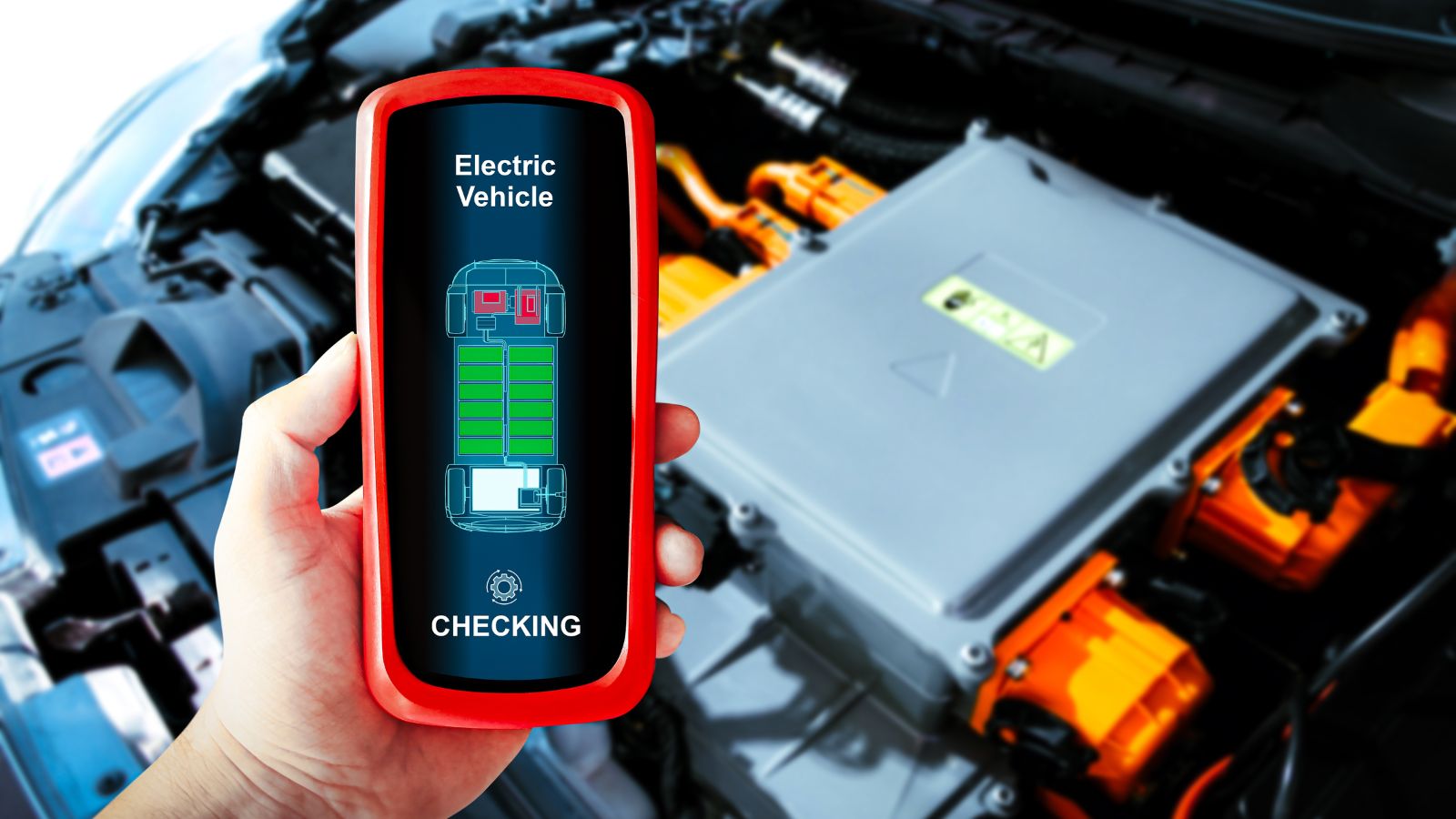
Your EV requires regular checkups to keep the battery in top shape. Battery inspections, cooling system checks, and software diagnostics all help catch potential issues early. Ignoring maintenance can lead to unnoticed problems that shorten battery life. Always follow your vehicle’s recommended maintenance schedule.
Using the Battery as a Power Source Too Often
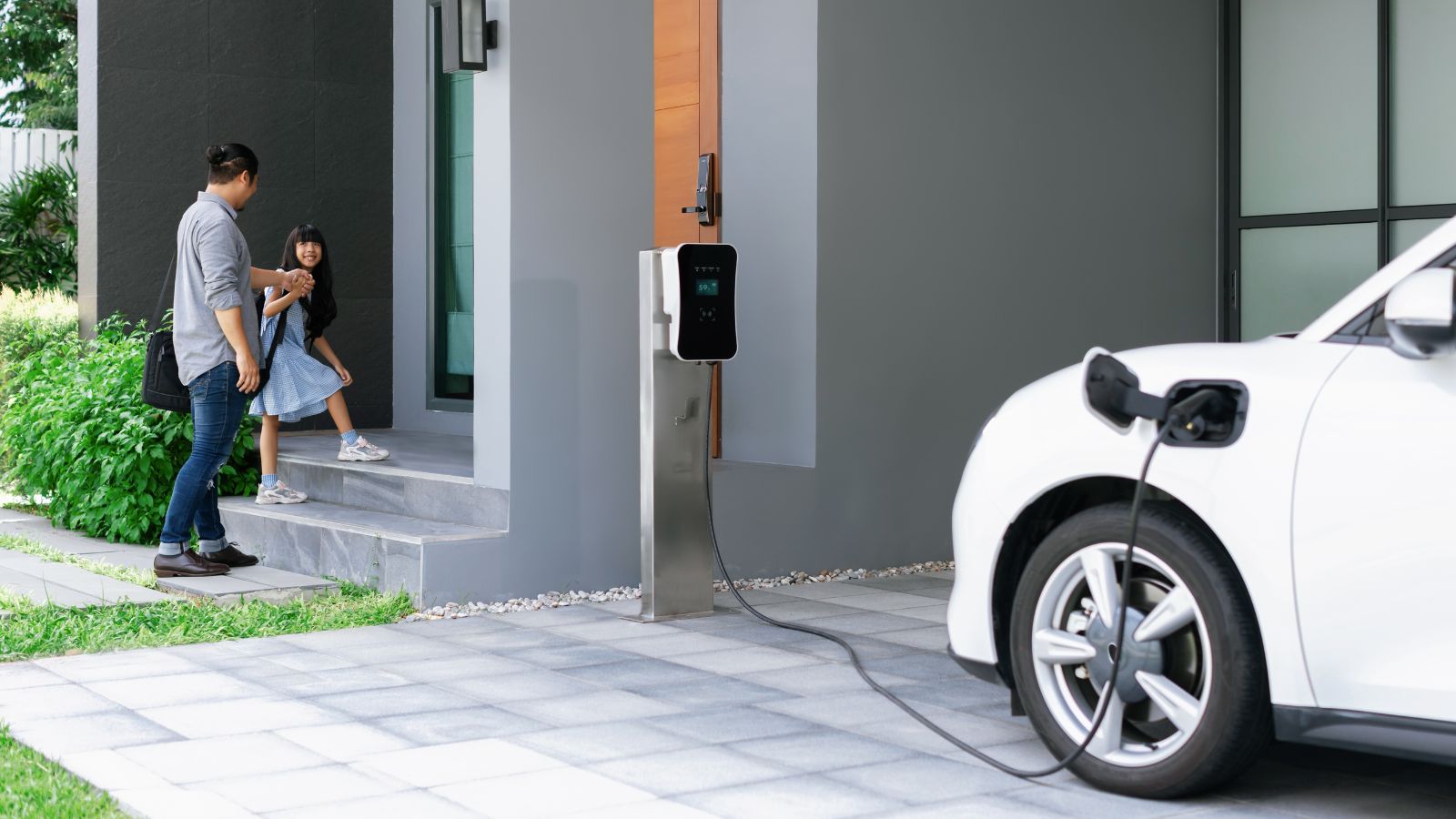
The remarkable reserves in an EV battery can be used as a power source for appliances or even homes – but only in an emergency. Overusing this feature will degrade the battery. Drawing large amounts of power frequently increases wear and tear, so use this capability sparingly.
By limiting how often you use the battery as a generator, you’ll protect it from unnecessary stress.
Not Planning Charging Stops on Road Trips

Always plan your charging stops before a long trip. Running out of charge or relying on the nearest fast charger isn’t good for your battery. Poor planning might mean depleting your battery or overusing rapid chargers, both of which reduce battery health. Map out charging stops in advance and use slower chargers when possible..
